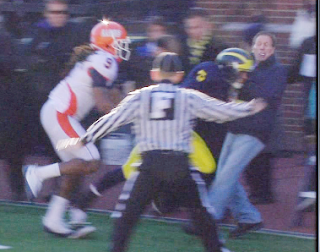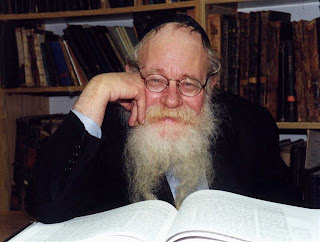There is usually some form of recognition when donors give a significant amount to an organization. The plaques that decorate the hallways of hospitals, symphony halls, universities, and museums is nothing new. In the Jewish community, there seems to be a longstanding joke about the large amount of plaques dotting the walls to recognize donors.
Locals in the Detroit Jewish community often quip that they wouldn’t be surprised if a certain large synagogue in town put donor plaques above the urinals in the Men’s room. And in rabbinical school, I recall a discussion about the irony that in a faith tradition that recognizes the Maimonidean philosophy that the ultimate form of charity is to give anonymously, there are so many ways we recognize donors by name. Of course, the names on synagogue sanctuaries, on Jewish Community Center gyms, on Torah covers and in the inside cover of prayer books, and on the walls of day schools are all lasting legacies to the donors or tributes to the memory of their loved ones. I’ve long believed that donors, both those who create large endowment funds and those who give on a smaller scale, deserve recognition for their generosity and benevolence.
But as this satirical video demonstrates, sometimes donor recognition does go too far. This funny video from Israel was sent by Dan Brown of eJewishPhilanthropy, who is currently in New Orleans at the Jewish Federations of North America’s General Assembly amidst thousands of Jewish donors and those working to secure their charitable gifts. Even if you don’t speak Hebrew, you will understand the premise of the video.



